The Top 12 Best Essential Oils (the most useful ones to have in your collection!)
There are hundreds of different essential oils out there, and it can be very expensive to buy a large amount of them. But if you’re not wanting to have a large collection, it can be daunting to figure out which ones are worth buying! That’s why I’ve put together my list of the top 12 best essential oils for home and personal use to build your collection with.
These are the ones that I come back to over and over, and what I’d recommend to anyone who is just starting out with essential oils and doesn’t know where to begin, or anyone who is wanting to simplify the oils that you have on hand. Consider this list the BEST ones to invest your money in, and the best choices to have on hand as your own personal “first-aid kit”.
The essential oils pictured here are from my family’s small business, Ty Essential Oils.

Something I’ve learned about essential oils is that many of them have similar benefits. There isn’t just one essential oil that is uplifting, or only one that is antibacterial, or only one that is relaxing. A variety of oils can be used for each of these purposes, and sometimes the benefit will depend on your unique body chemistry and how it makes YOU feel.
When buying essential oils, keep in mind that it requires a huge amount of plant material to make one bottle of essential oil. Being mindful to curate a collection of only our favourite oils that we will actually use is a wise way to be careful with our resources! Both with our money and with our natural resources.
With that said, below are the top 12 essential oils (listed in alphabetical order) that I have found to be the most useful for everyday use.
Here’s a fun fact about all essential oils: they all contain antioxidant properties!
An important note on safety: Essential oils are highly concentrated and potent. They should usually be diluted for most applications to avoid skin irritation. There are SOME instances where an oil can be applied “neat” (not diluted) if only one or two drops are used, and this depends on which oil you are using. A skin patch test is recommended. Some oils can not be used during pregnancy or on young children. Some oils may interact with drugs/medications. Please do your own research and consult your physician to ensure that each oil is appropriate and safe for your situation. The information presented here is for informational purposes only and is not intended to be a substitute for professional medical advice, diagnosis, or treatment.
Bergamot
Bergamot is my favourite citrus oil and it truly smells amazing! Bergamot oil is what is used in Earl Grey tea to give it its distinct flavour. So delicious! It is well-known to be an uplifting oil that helps relieve anxiety and boost mood.
It can also be used in food, just like in Earl Grey tea.
Safety note: Bergamot is a phototoxic oil, meaning it can cause a skin reaction if applied topically and then exposed to direct sunlight. It essentially enhances the effect of the sun, which can cause a type of burn. Avoid direct sunlight on the skin if applied topically.
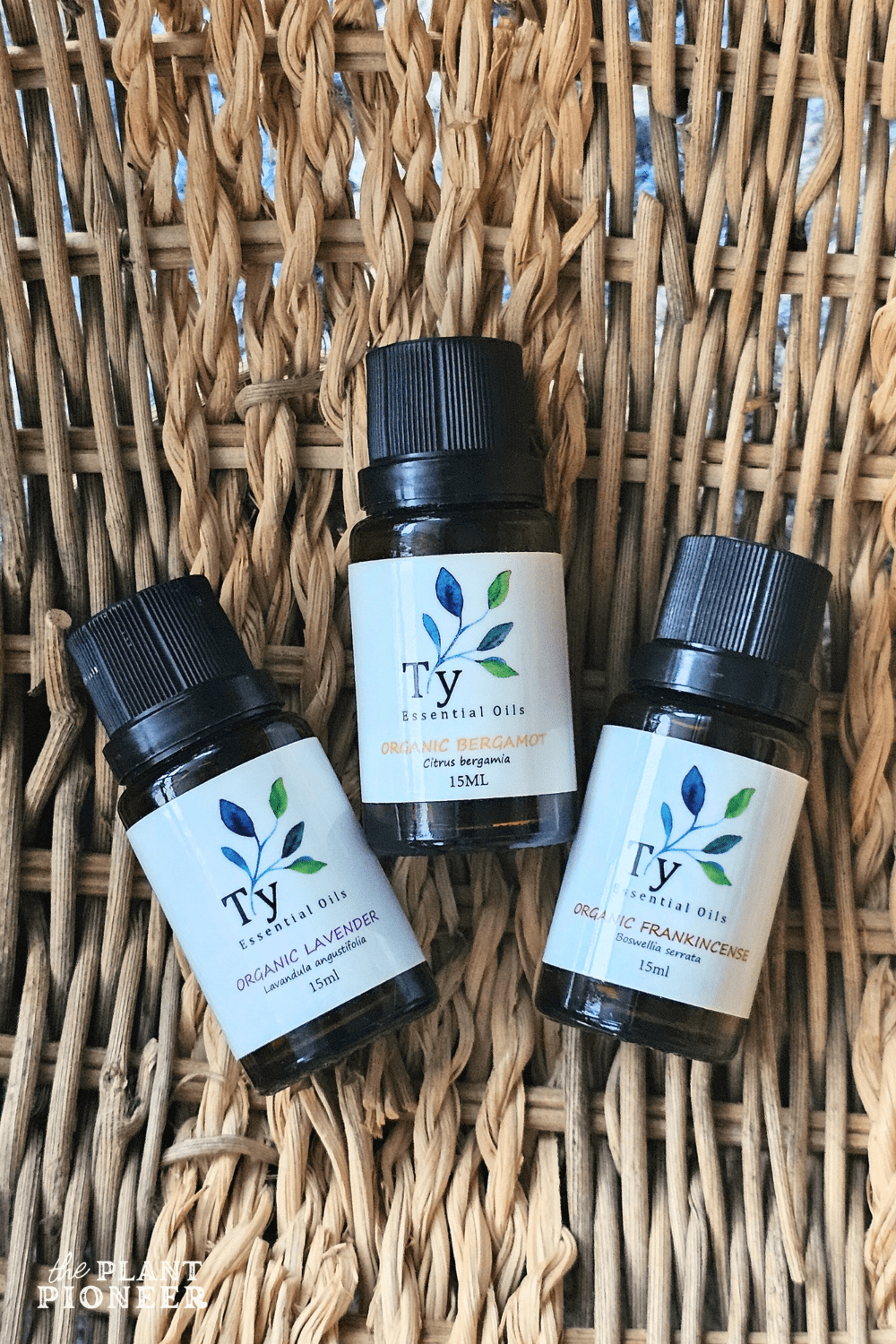
Clove
What is so cool about clove oil is that it works almost instantly as a tooth pain reliever. It causes a numbing effect on the gumline, and stops the pain! Clove oil has actually been used in dentistry for over a century. A bonus to the pain-relieving effect is the fact that clove is also antibacterial and antifungal. This means that it can help to heal any infection that might be causing the tooth pain in the first place!
On top of its really helpful uses for oral health, it is really great to use during cold & flu season because of its antiviral and antibacterial properties. It is one of the oils used in the famous story of the Legend of the Thieves (where Young Living got the name “Thieves” from). You can use it in all kinds of ways to kill bacteria and viruses (if you wish to do so), such as in DIY hand soap, added to your household cleaners, in a DIY linen mist, and diffusing in the air. It also smells amazing for the Fall & Christmas seasons!
Frankincense
Frankincense has been used for thousands of years and is talked about in many ancient texts. It has recently shown in studies to have anti-carcinogenic effects! It is anti-inflammatory, can help with migraines, and can help boost the immune system. It’s amazing in skin care and can help reduce dark spots, and is considered a cell regenerator, which can help keep a youthful complexion.
Used in a diffuser, frankincense is soothing to the mind and emotions, and the pleasing scent mixes well with many other oils!
Lavender
Lavender is well-known for its relaxation properties. It has been scientifically shown in studies to help with sleep as well as reduce headache pain! One other bonus that you may not know is that it is extremely effective in soothing and helping heal skin burns! Next time you accidentally burn yourself while cooking, add a drop of lavender oil to the burn, and you will be amazed at how well it soothes the skin and reduces the pain.
Like many oils on this list, lavender is also edible! Just be sure to dilute it properly.
Lemon
Not only does lemon smell amazing, but it also works as a natural “goo-gone” to remove residue left from sticky labels! Simply add a couple of drops to the area with the residue and rub it around. The sticky residue will come right off! Lemon is also a fantastic choice to use in DIY cleaning products. You can combine it with vinegar as a glass cleaner, or use it along with baking soda to make an effective sink scrub.
Lemon can also be used in food in place of lemon extract or lemon rind. Think lemon poppyseed bread, lemon icing, or lemon blueberry scones. Mmmm! Make sure to research how many drops to use so you don’t add too many.

Lemongrass
One really useful thing to use essential oils for is making your own bug spray! Typical bug sprays contain really toxic ingredients (like Deet) and aren’t even all that effective anymore. Essential oils provide more of a broad-spectrum protection against many insects like mosquitos and ticks. Lemongrass is one oil that is very effective at this, and it also smells amazing!
Lemongrass is also very antimicrobial, and helps in relieving anxiety. It smells great added to body care products and soap. I featured it in one of my Fall foaming hand soap recipes.
If you don’t like Lemongrass or can’t use it, I’d recommend considering Eucalyptus Lemon instead. Eucalyptus lemon, which smells similar to citronella, is another oil that has shown in scientific studies to be quite effective at repelling mosquitos. Applied topically, it can be useful for relieving rheumatoid arthritis pain, muscle aches, and itching. It is antiviral, bactericidal, and antifungal.
Peppermint
Peppermint is great for relieving muscle pain and headaches. It is also very energizing and refreshing. It’s a great choice to use in the morning, either in a room spray or in a diffuser, to help you wake up! Use it in a roller blend for muscle aches, as well as in hand soap for a festive scent around Christmas. Peppermint & vanilla make a fantastic scent combination!
Peppermint essential oil can also be used in food in place of peppermint extract. I love using it in a chocolate icing for brownies or chocolate truffles (a healthier version of course)!
If you don’t like peppermint, then I would recommend using Eucalyptus instead (but NOT in food). It is great for using in a diffuser when anyone is sick to help clear the sinuses. It’s also great in a room mist or shower mist, and has similar refreshing and energizing qualities as peppermint.

Pine (or Black Spruce or Balsam Fir)
Having at least one “woodsy” oil makes a great addition to the other oils on this list. I have all three of these and love them all, but pine might be the most recognizable and most well-loved in terms of scent. These are all antibacterial, and are really nice to have during the Christmas season and all through the winter.
Pine, black spruce, and balsam fir have all been traditionally used for respiratory issues and relieving muscle & joint pain, such as rheumatic muscle pain and arthritis. They are all antimicrobial as well, and make excellent additions to household cleaners, hand soaps, and in a diffuser. They can help relax the respiratory muscles and fight respiratory bacteria. I say pick your favourite one of the three!

Rosemary
I love Rosemary for how helpful it is with plant care and repelling insects. I wrote a whole blog post on how rosemary oil helped save my cast iron plant from a spider mite infestation.
It is also considered by many to be one of the main oils used in the famous story of the “Legend of the Thieves” (where Young Living got the name “Thieves” from), just like with clove oil. It is antiseptic, anti-microbial, and anti-inflammatory.
One other really cool benefit of rosemary oil is its ability to stimulate hair growth! It improves scalp health by increasing circulation to the hair follicles, leading to more hair growth, faster hair growth, and an overall healthier scalp. It can be used in your shampoo, as well as a DIY hair growth serum or spray.
Sweet Orange (or Grapefruit or Lime)
I love citrus oils and use all of the ones mentioned above. But if I had to pick just one, it’d probably be orange. Most people like the smell of citrus, so it’s a really versatile oil that can be used for so many things. Like some of the other oils I’ve talked about here, this one is safe to use in food (properly diluted). My dad makes the most delicious cinnamon orange pancakes and waffles with it! You can use it in place of orange rind.
Orange is also great for using in a diffuser all year round, and makes a great scent to use in DIY hand soap. Like bergamot, it is well-known for it’s uplifting properties. Combine it with vanilla in the summer for a “creamsicle” inspired blend, or with pine, cinnamon, and/or clove, for amazing fall & winter blends. Orange is inexpensive, has anti-carcinogenic properties, and reduces stress!
Safety note: Most citrus oils are phototoxic, meaning they can cause a skin reaction if applied topically when exposed to direct sunlight. However, sweet orange is sometime considered to be an exception. To be safe, avoid direct sunlight on the skin if applied topically.
Tea Tree
Tea tree is famous for it’s antiviral, antibacterial, and antifungal properties. For skincare, it can be used topically to help treat acne, and can also be used on warts to remove them naturally! It also works really well to treat mold when used as a cleaner. You can even include it in a diffuser blend to literally kill viruses in the air!
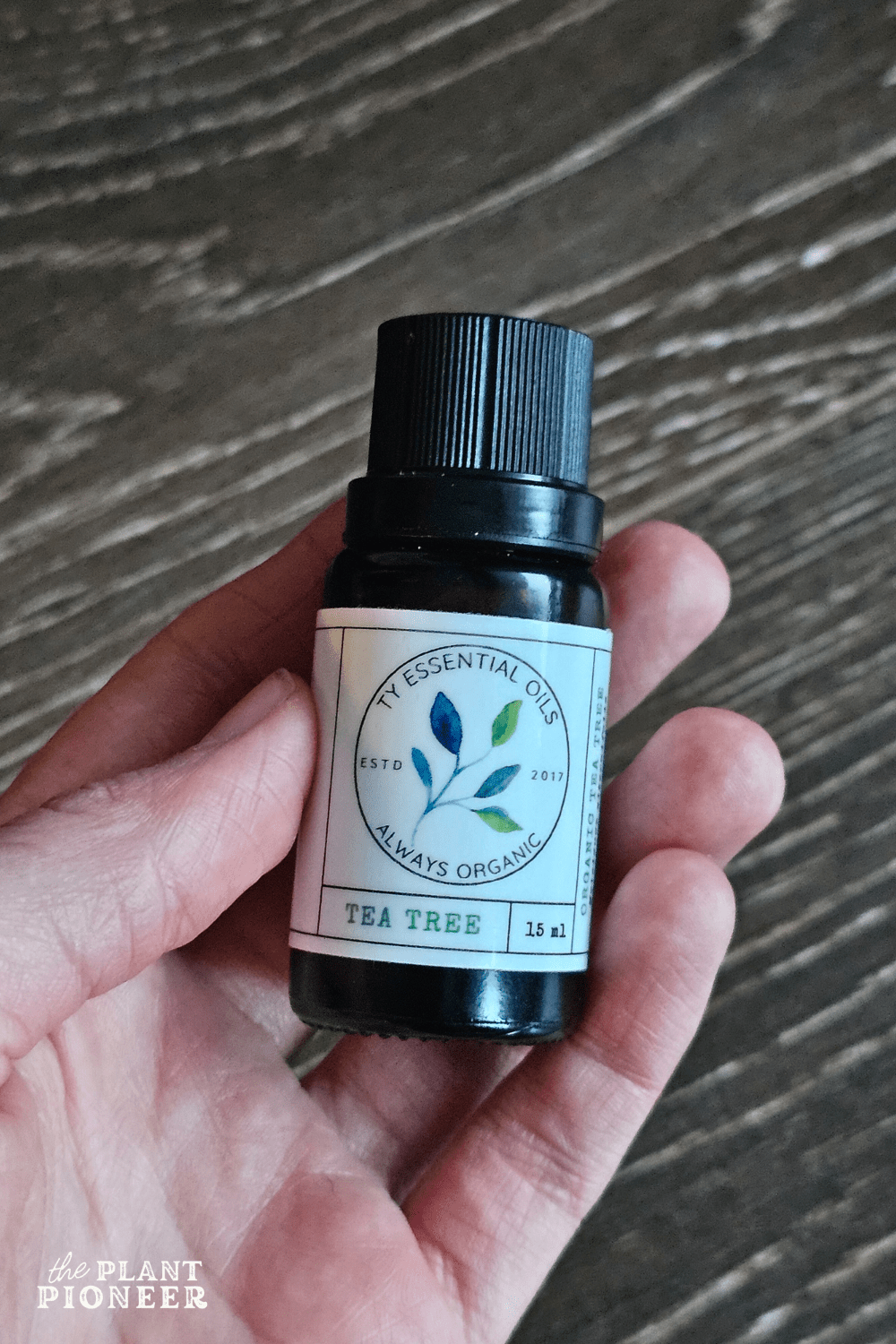
#12- Pick one that you LOVE the scent of
For #12, I recommend having at least one oil on hand that you simply love the smell of! This may often become your go-to oil for using in a diffuser or any time you aren’t looking for a specific therapeutic benefit. Sometimes we are naturally drawn to the oils that contain properties that are bodies are needing for balance! For me, this would be rose geranium or neroli. They smell amazing, are great for skincare, and help with balancing hormones. Rose geranium is also a fantastic bug-repelling oil, so it’s a good one to include in a DIY bug spray.
Honorable mention- Cinnamon Bark
I also wanted to give an honorable mention to cinnamon bark, which is another oil that I love and always have on hand. I love using it at Christmas and all throughout the winter! It is great in diffuser blends, in DIY foaming soap, and it can also be used in food (like in the cinnamon orange pancakes/waffles I mentioned above!). I recommend including this one in your collection if you’re able to add one more!
P.S. Cinnamon bark is different than cinnamon leaf, and it has a stronger scent that most people prefer over cinnamon leaf.
I hope my list of the top 12 most useful essential oils has been helpful to you! I would love to know if you agree with this list, or if there is one that you love that you believe should be included instead? Feel free to leave a comment below and let me know!
Don’t forget to save this post to Pinterest to refer back to:
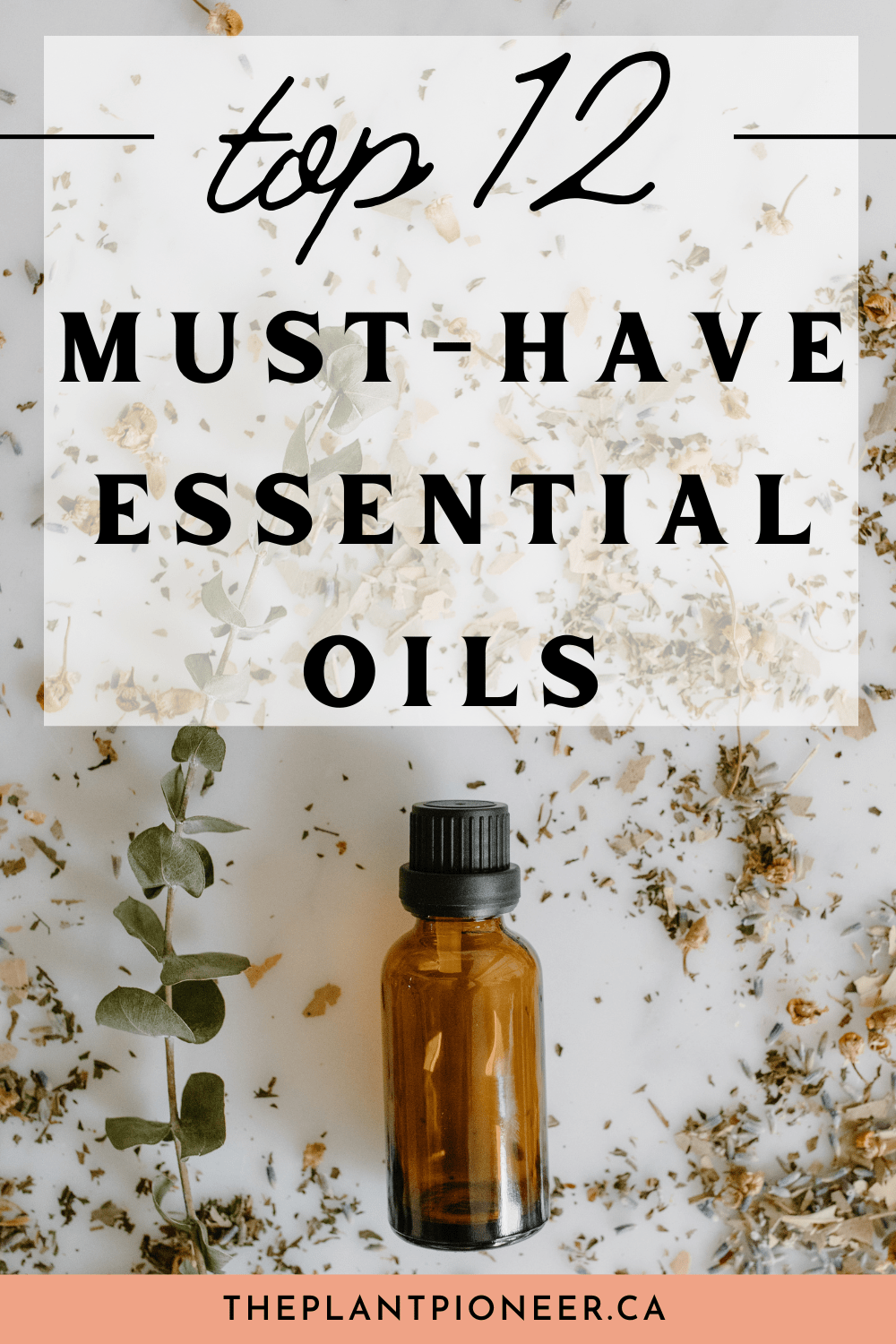
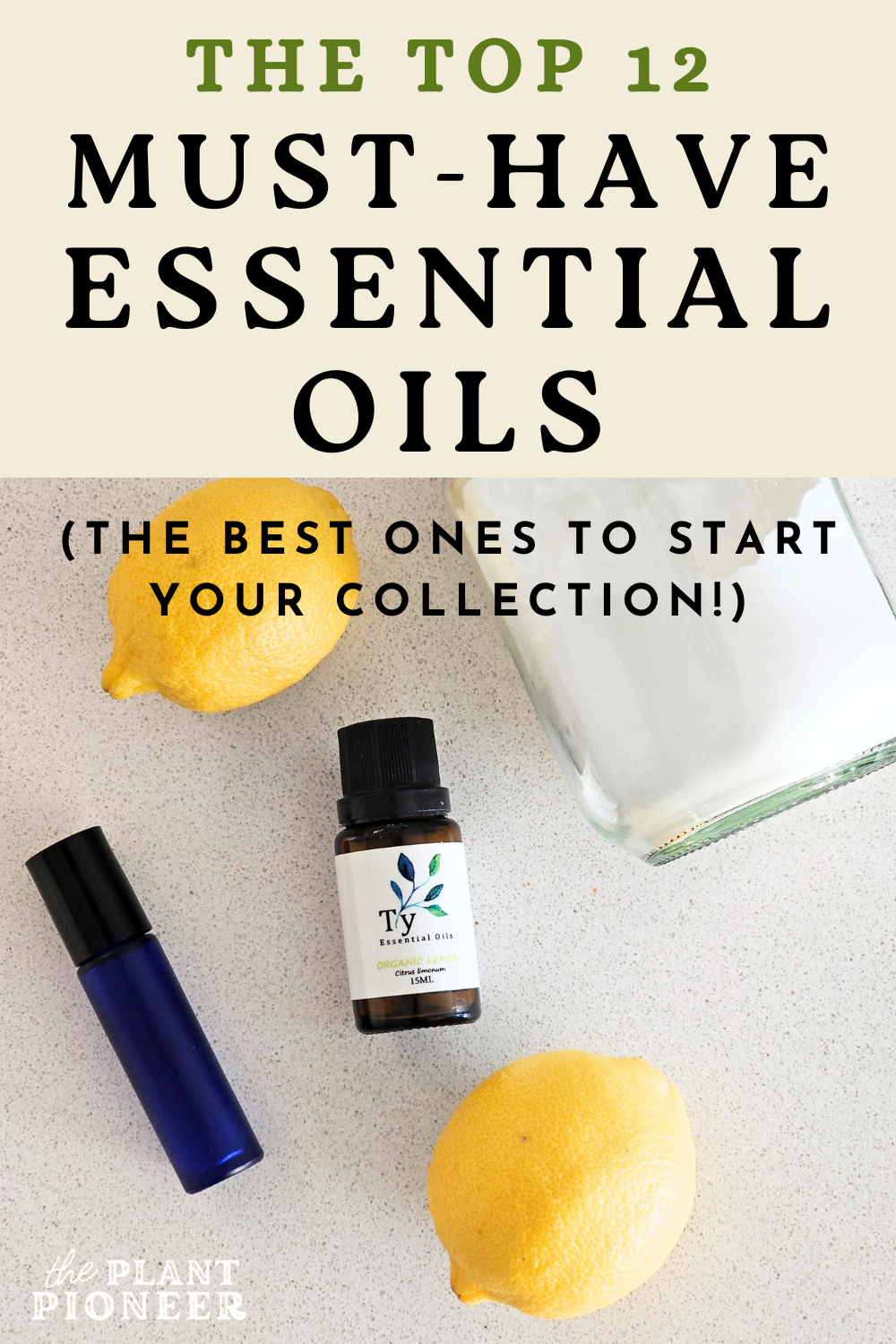

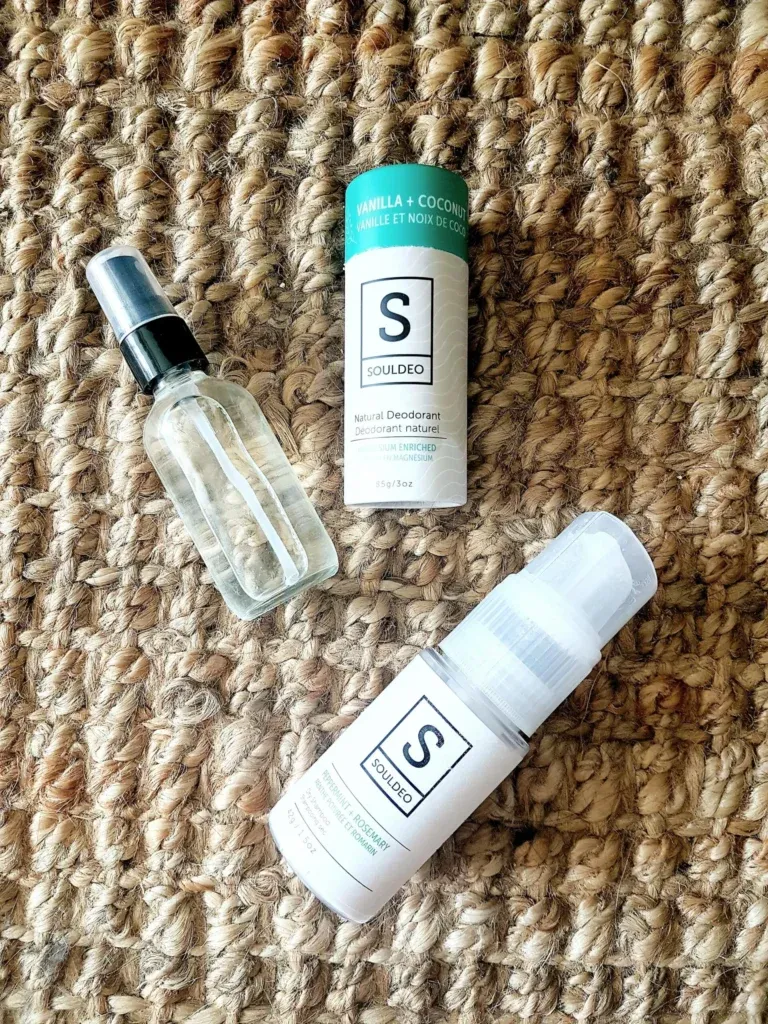


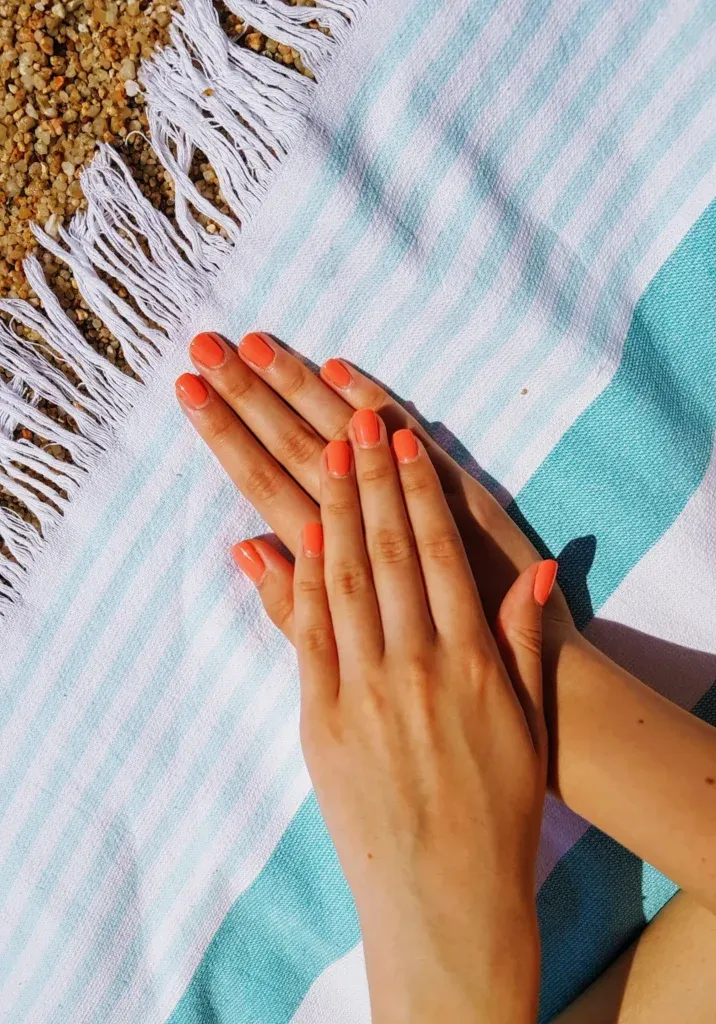
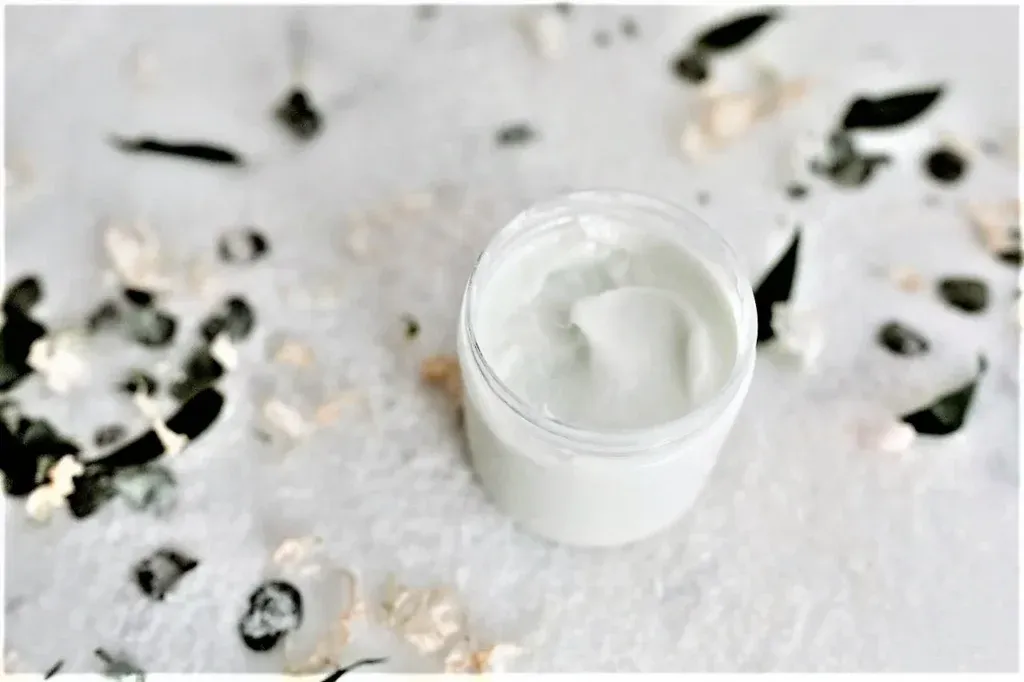
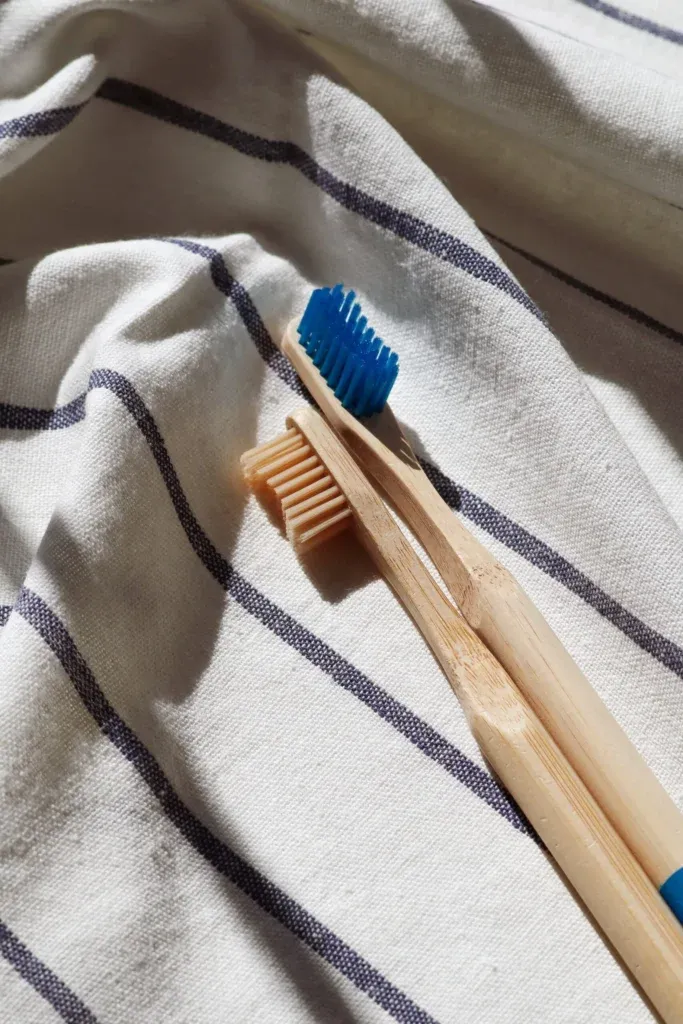
Join the List
Stay informed & receive my latest healthy living tips to your inbox.